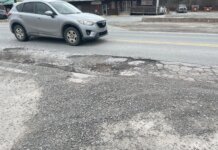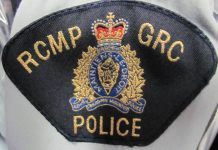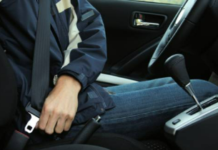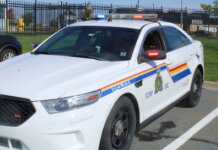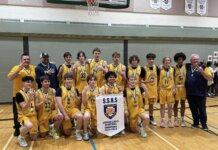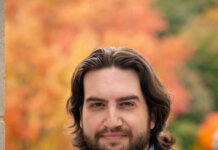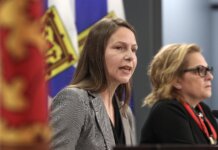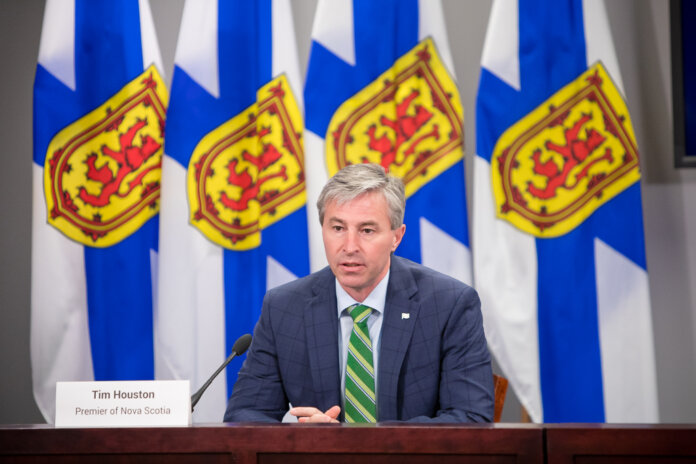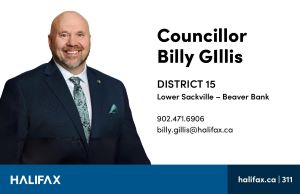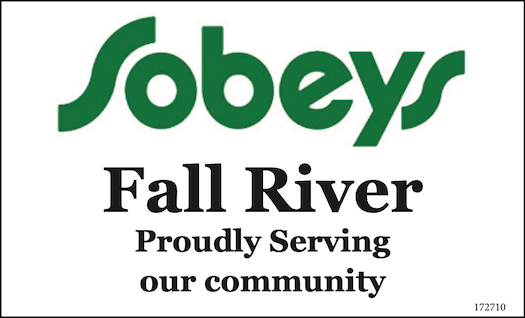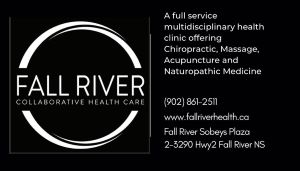HALIFAX: Premier Tim Houston and Dr. Robert Strang somber moods told the tale of what was ahead during the Dec. 21 COVID-19 briefing.
Premier Houston and Dr. Strang announced the province was strengthening restrictions around masking, gatherings and physical distancing to protect the healthcare system and other critical workforces from the threat of the Omicron variant of COVID-19.
“We did not want to impose more restrictions on Nova Scotians leading into the holidays. But even if illness remains mild, the exponential spread of the Omicron variant is threatening critical workforces like healthcare, fire, police and paramedics,” said Premier Tim Houston.
“We need further restrictions to ensure everyone slows down, reins in their socializing, and limits opportunities for the virus to spread.
“It may mean a smaller Christmas dinner than you’d planned, but it’s better to be small and safe.”
Nova Scotia has announced 2,590 new cases of COVID-19 since December 15, including the highest daily totals since the pandemic started.
“In addition to protecting critical workforces, we have several new hospitalizations in Nova Scotia and we’re seeing concerning trends in other jurisdictions,” said Dr. Robert Strang, Chief Medical Officer of Health for Nova Scotia. “With high case numbers, even a very small percentage with severe illness could overload our hospitals. We need to take these steps now to protect those who are most vulnerable and maintain a functional healthcare system in the weeks ahead.”
The updated restrictions below replace the list released last week and are effective at 6 a.m. on Wednesday, December 22. They will be in place until at least January 12 and will be re-evaluated then.
Physical distance and mask requirements
— physical distance of two metres (six feet) is required indoors and outdoors, except among people in the same household or a consistent social group of up to 10 people
— masks are required in areas of workplaces where physical distance cannot be achieved, as well as common areas, areas where people are serving the public and areas with poor ventilation
— people must be seated to remove their mask for eating or drinking; at movie theatres, they must go to a designated area for eating and drinking
— all other mask requirements for indoor public places remain, including wearing them when seated for other activities
— individuals, businesses and organizations all have responsibility for ensuring mask requirements are followed and can all be subject to enforcement action.
Gathering limits
— indoor and outdoor informal gatherings, typically at home, are limited to 10 people from the same household or consistent social group; physical distance and proof of full vaccination are not required; masks are not required except in indoor public places
— only virtual events are allowed – there are no in-person events such as festivals, special events (including receptions), sports games or tournaments, or arts and culture performances
— a limit of 10 participants indoors and 25 outdoors applies to sports practices and training; physical distance is not required, and masks are recommended when possible indoors and outdoors; spectators are not allowed
— a limit of 10 participants indoors and 25 outdoors applies to professional and amateur arts and culture rehearsals and virtual performances; professionals must have a plan for their workplace; physical distance is not required, and masks are recommended when possible indoors and outdoors; spectators and competitions are not allowed
— Nova Scotia children ages 11 and younger continue to be restricted from participating in sports and arts and culture events outside the province
— gathering limits of 25 per cent of capacity to a maximum of 50 people indoors and outdoors apply to social gatherings, regular faith services, wedding ceremonies, funeral ceremonies and their associated visitation, movie theatres, meetings and training that are hosted by a recognized business or organization, including faith organizations
— regular in-person faith services can only have one person singing; no choirs or congregational singing are allowed
— drive-in regular faith services are allowed with no limit on the number of vehicles; the informal gathering limit applies inside each vehicle
— indoor and outdoor informal wedding ceremonies and faith gatherings, typically at home, are limited to 10 people from the same household or consistent social group, plus one officiant; physical distance and proof of full vaccination are not required; masks are not required except in indoor public places
— indoor and outdoor funeral ceremonies with a maximum of 10 people, plus officiant and funeral home staff, are allowed without proof of full vaccination but masks and physical distance are required; proof of full vaccination is still required for any visitation
— day camps can operate with groups of 15 campers, staff and volunteers following day camp guidelines.
Businesses
— places like retail businesses, malls, museums, libraries and recreation and leisure businesses and organizations can operate at 50 per cent capacity with physical distance; some examples under recreation and leisure include dance and music lessons, climbing facilities, escape rooms, indoor play places, arcades, golf, shooting ranges and dog training
— fitness and recreation facilities can operate at 50 per cent capacity with physical distance; personal training is allowed with as much physical distance as possible
— personal services like hair salons can operate at the maximum capacity possible with physical distancing but cannot offer services that require removing masks
— food establishments and liquor-licensed establishments can operate at 50 per cent capacity, they must have physical distance between tables; barriers may only be used to achieve 50 per cent capacity but not exceed it; there is a limit of 10 people per table; they must stop dine-in service at 11 p.m. and close by midnight; takeout, drive-thru and delivery can operate later; only one performer is allowed
— Casino Nova Scotia and First Nations gaming centres can operate at 50 per cent capacity; people playing VLTs must be at least two metres (6 feet) apart; these gaming establishments must stop dine-in service at 11 p.m. and close by midnight
— activities like cards, darts, pool, bowling and karaoke follow the rules for the setting where they take place, either in licensed establishments or recreation and leisure businesses
— bingo follows the rules for licensed establishments when in that setting; bingo in non-licensed establishments is a special event which is not allowed.
Long-term care
— a limit of two visitors at a time with long-term care residents; it must be the same two visitors all the time
— it is strongly recommended that visitors have a rapid test within 24 hours of the visit if possible
— visitors can have quick close contact like a hug but then need to stay physically distanced for the rest of the visit
— the requirement for visitors to wear masks and be fully vaccinated, except for end-of-life visits, remains
— even if they are fully vaccinated, residents can only leave the facility for medical appointments or for a drive in a facility or visitor’s vehicle with no stops and no contact with other people outside the facility
— only residents who are eligible and have had a booster dose can access service providers for recreational activities and personal services like hairstyling
— residents can attend regular faith services in the facility; the room can have 25 per cent capacity to a maximum of 10 people; only one singer; no choirs or congregational singing are allowed
— if possible, residents should be in consistent groups for dining and activities.
Residents in Disability Support Program homes licensed under the Homes for Special Care Act have the same visitor restrictions as residents in long-term care but can continue to leave the facility as long as they are fully vaccinated. It is strongly recommended that they have a booster dose if they are eligible.
There is no change in the requirement for proof of full vaccination for discretionary activities. It is still required for attendees and volunteers, even in places where gathering limits and physical distance will apply.
Additional Resources:
Nova Scotia coronavirus website: https://novascotia.ca/coronavirus/



